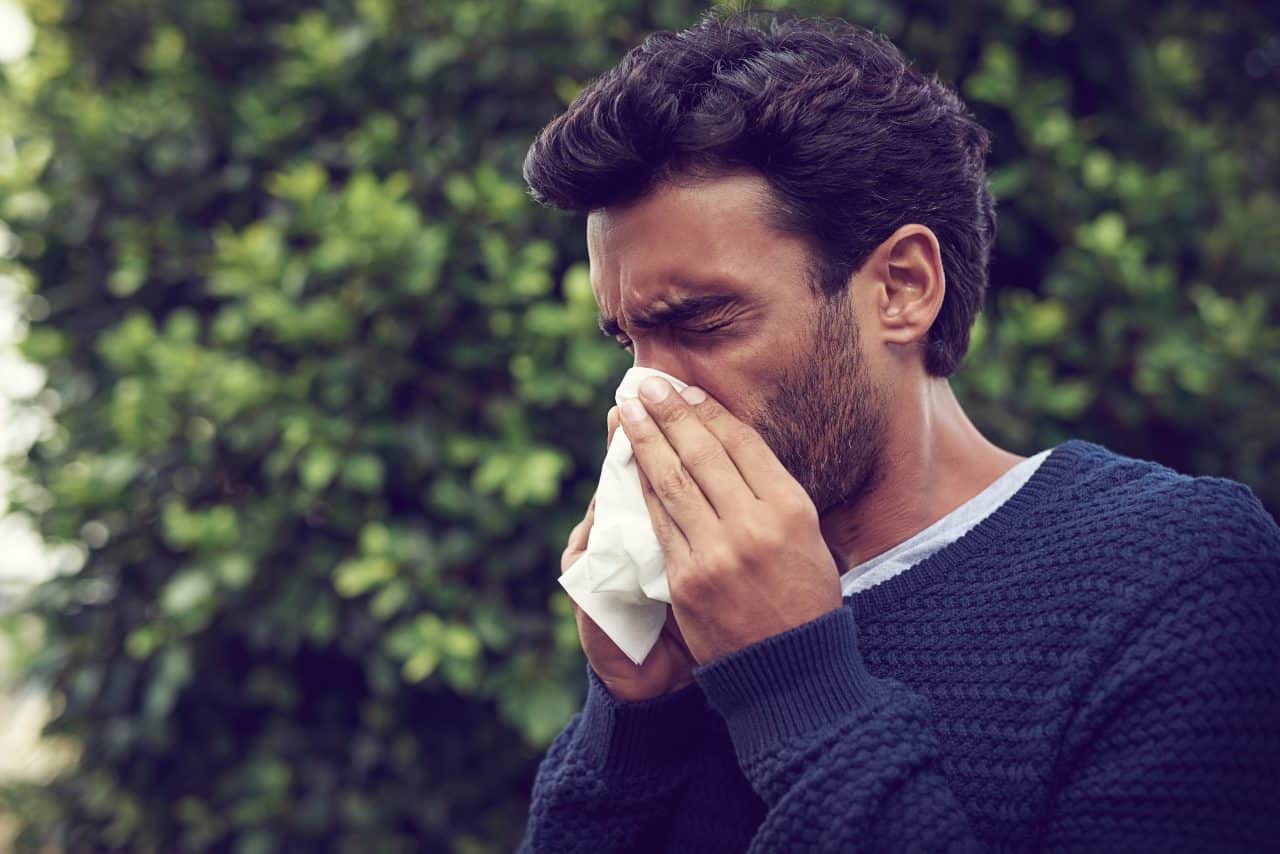
According to the Centers for Disease Control and Prevention, “About one-quarter (25.7%) of adults had a seasonal allergy.” If you’re among this population, you’re probably wondering how you can prevent symptoms this summer. In this post, we provide a summer checklist for allergies.
Deep Clean Your Home
Many people mistakenly believe that they will only experience allergy symptoms after spending time outdoors when in reality, indoor allergens can be a major trigger during the summer months. Follow these tips to deep clean your home and minimize the presence of allergens:
- Vacuum and dust regularly.
- Avoid keeping knickknacks that can collect dust.
- Replace curtains and carpet with blinds and hardwood.
- Bathe pets once a week and keep them out of bedrooms.
- Wash bedding in hot water weekly.
- Store food in airtight containers.
- Throw out old food promptly.
Purify the Air
Some airborne irritants include incense, air fresheners, perfume, scented creams and fresh paint. Keep these out of your home if you’re sensitive to them.
In addition, after cleaning with chemicals, air out your home. When you can, clean with baking soda or vinegar instead of harsh chemicals. Remember also to never mix cleaners together.
It’s important to avoid smoking indoors. Smoking anywhere, however, can be triggering.
To purify the air, run your central air conditioning if you have it; if you don’t, you can invest in a window unit or purchase a portable air cleaner with a high-efficiency particulate air (HEPA) filter.
Monitor Pollen Counts
Monitor pollen counts using the National Allergy Bureau’s website. When pollen counts are highest, usually on dry, windy days, especially between the mid-morning and late afternoon hours, avoid opening windows or and schedule your walk at Bush’s Pasture Park for another day.
See an Allergist
An expert allergist can recommend treatment for your allergies if the above strategies don’t provide enough relief. In addition to practicing avoidance of known triggers, you can:
- Take medications. Oral antihistamines and corticosteroid nasal sprays can be taken regularly in many cases to prevent and treat allergies. Talk to your allergist about which medications are safe for long-term use.
- Undergo immunotherapy. Immunotherapy is a long-term solution for allergies that works by helping your immune system build up a tolerance to allergens over time.
To learn more or to schedule an appointment with an expert allergist, call Willamette ENT & Facial Plastic Surgery today.
“Had a great experience. Got in very quick and felt safe with covid protocol! Everyone was extremely nice.”